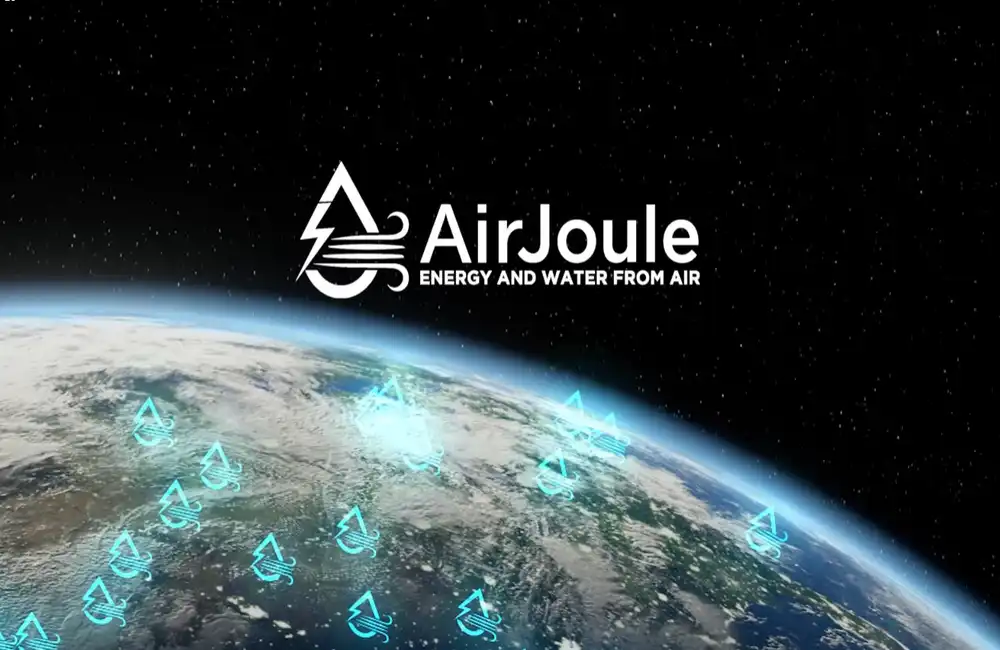The Trump administration issued an executive order on April 24, 2025 that will accelerate deep-sea mining operations across U.S. and international waters.
The contentious decision aims to obtain essential elements such as nickel, cobalt, and manganese from deep-sea mining so that the United States can reduce its dependency on Chinese resources. Environmental organisations and international bodies have expressed significant concerns about the ecological, regulatory, and geopolitical consequences of deep-sea mining activities.
Greenpeace's Strong Critique
Greenpeace USA made strong objections to the executive order, calling it a dangerous risk to ocean ecosystems. As Oceans Campaign Lead at Greenpeace USA Arlo Hemphill released a harsh statement that labelled the initiative a harmful assault on ocean ecosystems and Pacific communities whose culture depends on the deep ocean.
Greenpeace revealed the substantial environmental threats deep-sea mining poses by emphasising its capacity to inflict permanent destruction on vulnerable marine habitats and disturb essential biodiversity. Hemphill pointed out that our knowledge of the deep ocean ranks among the most limited of all planetary regions. Mining activities undertaken without a comprehensive understanding of their effects demonstrate both short-sightedness and irresponsible behaviour.
The organisation showed worry that the fast-tracked permitting process could eliminate public input and environmental protections leading to severe ecological disasters.
Legal and Regulatory Implications
The framework of the executive order primarily relies on the Deep Seabed Hard Mineral Resources Act of 1970 for its legal basis. According to this legislation, U.S. authorities can conduct exploration and mining activities. The legislation enables both exploration and extraction within the U.S. Exclusive Economic Zone (EEZ) and regions that extend beyond national boundaries.
The United States remains an international outlier by consistently declining to ratify the United Nations Convention on the Law of the Sea which undermines its global standing. The unresolved status of UNCLOS ratification creates a contentious legal foundation for U.S.-led deep-sea mining activities beyond national jurisdictions which leads to governance and compliance debates. UNCLOS members together with the ISA are expected to oppose this approach which may lead to diplomatic conflicts.
The Environmental and Scientific Debate
Environmental experts and scientists have issued warnings about deep-sea mining for many years because the activity threatens marine life with permanent damage. Deep ocean floors contain ecosystems made up of slow-developing corals and sponges together with other species that face severe threats from environmental disturbances.
The coalition of marine biologists from top research institutions issued a joint statement that labelled the initiative as “an existential threat to biodiversity” and cautioned that mining operations would create sediment plumes and noise pollution which destroy habitats and disrupt food webs thereby weakening ocean ecosystems against climate change.
Dr. Elena Cruz from Woods Hole Oceanographic Institution emphasised that securing critical minerals cannot justify damaging the essential deep ocean life systems.
Geopolitical Repercussions
The worldwide reaction to the executive order came quickly and was overwhelmingly disapproved of. Countries that have ratified UNCLOS demand stronger compliance with international agreements that regulate ocean floor resources. Multiple nations attacked the U.S.’ decision as an affront to international law and cooperative governance principles.
The nations of the Pacific Islands whose seabed waters contain abundant mineral resources registered their specific worries. Prime Minister Kalani Mau of Fiji described the United States decision as economic colonialism under the guise of resource security and advocated for a worldwide ban on deep-sea mining until better environmental protections are established.
The new executive order risks damaging diplomatic relationships with U.S. allies while sparking more intense discussions at International Seabed Authority gatherings regarding seabed resource management.
Industry Reactions
Deep-sea mining enterprises like The Metals Company have welcomed the executive order because they see it as a growth opportunity. CEO Gerard Thomas stated that this represents a historic advance toward resource independence paired with innovation.
According to reports, TMC and several other firms are developing applications for the new framework because they expect more investment opportunities. The environmental controversies linked to their operations make public confidence in these industries very unstable.
The executive order will likely lead to broad technological innovations across the sector because companies must reduce environmental harm to meet domestic and international regulations.
Stakeholder and Public Perspectives
Public opinion remains divided on the issue. The executive order garners support from some stakeholders who believe it will protect essential resources and boost U.S. economic power while others deem it a dangerous risk to global ecological stability.
Policymakers face a dilemma between economic advancement and environmental stewardship while certain voices push for more stringent mining industry regulations. Grassroots organisations and activists outside government sectors are uniting to challenge deep-sea mining projects while pushing officials to focus on renewable resource solutions.
Balancing Development and Conservation
The executive order from Trump’s administration clearly illustrates a change in America's resource security strategy. Supporters promote the economic advantages of the plan but critics insist that potential threats to ecosystems along with community safety and global governance overshadow any potential benefits.
The deep-sea mining debate highlights the fundamental challenge of meeting critical mineral needs while safeguarding Earth's delicate ecosystems. The next few months will determine if this key decision will foster technological innovation alongside resource sovereignty or result in increased conflicts and lasting damage.
The future of the deep ocean and its intricate ecosystems along with their dependent communities remains uncertain.

















